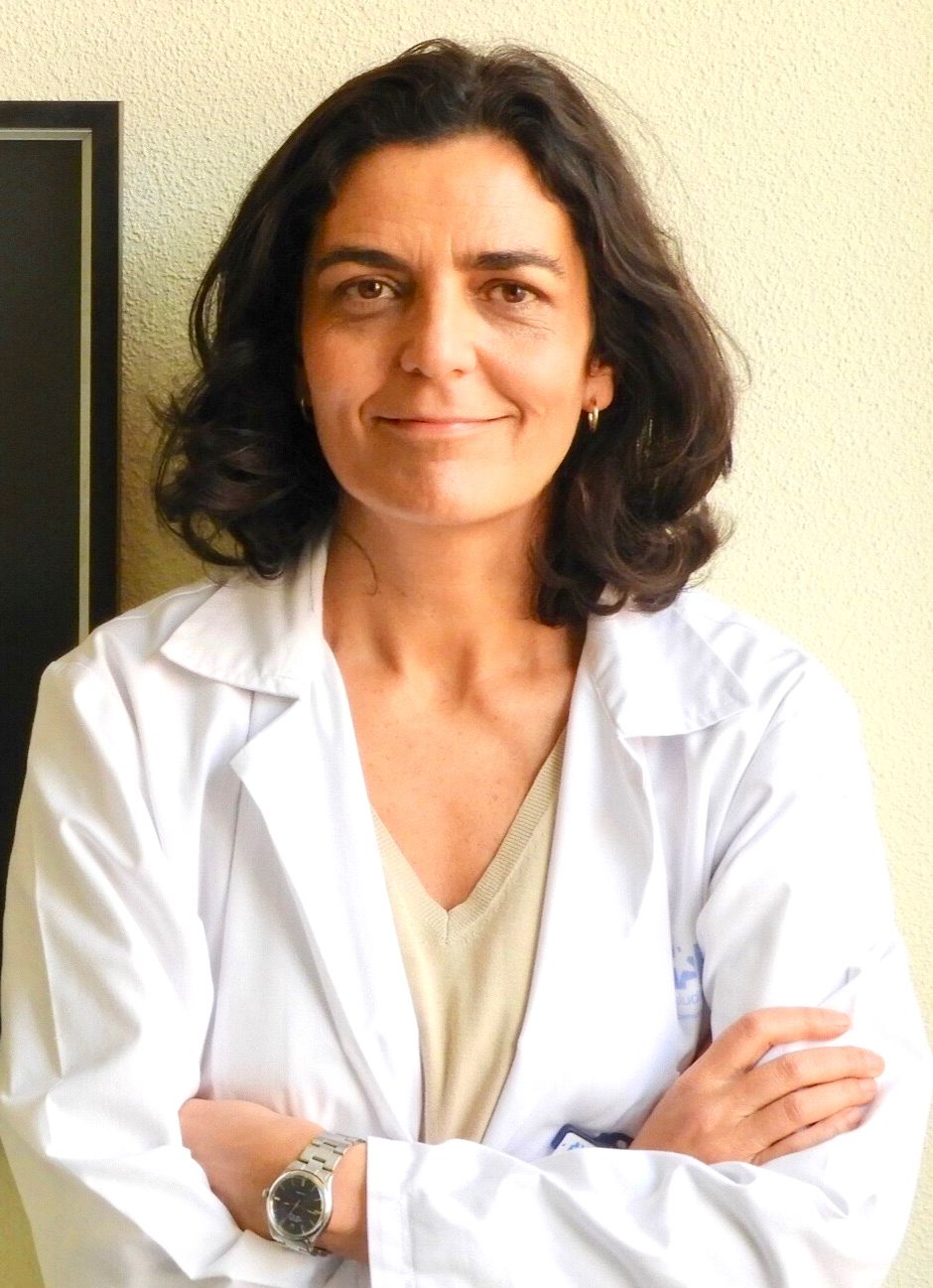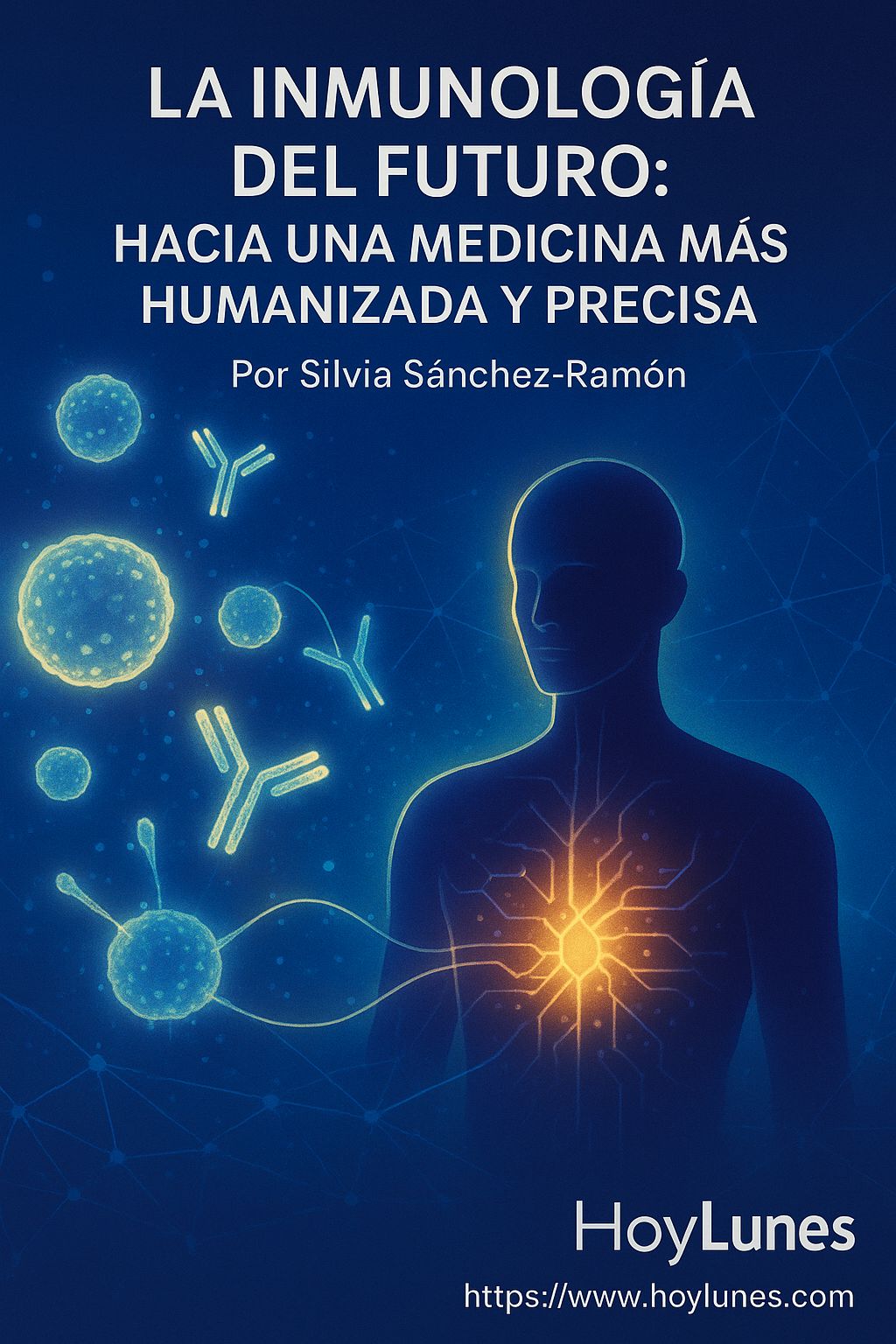From molecular prediction to advanced therapies: immunology paves the way toward a more human, precise, and preventive medicine.
By Silvia SÁNCHEZ-RAMÓN
HoyLunes – “Imagination is more important than knowledge. Knowledge is limited. Imagination embraces the entire world, stimulates progress, and gives rise to evolution”. This famous phrase, attributed to Albert Einstein after the solar eclipse of May 29, 1919, which confirmed his theory of general relativity, transcends philosophy to become an urgent mandate for contemporary medical science.
In an era marked by the rapid advance of knowledge, with infinite information and accessible learning, yet often sterile, imagination becomes the engine of innovation that enables different disciplines to connect, transforms data into concrete solutions, and, above all, translates science into humanity.
Immunology, by its hybrid medical and scientific nature, is the field where this potential synergy between knowledge and imagination is tested. It is a discipline capable of transforming clinical observations into laboratory hypotheses, with the laboratory serving as an essential tool to provide new answers to tangible problems and the real needs of patients—whose associations we work closely with to expand scientific knowledge. It is not just another specialty but the fundamental architecture for a medicine that aspires to be truly precise, humanized, and integrative. In fact, over the next ten years, immunology is emerging as one of the fields with the greatest capacity to transform the approach to human disease.

The immune system represents a complex dynamic balance between defense, tolerance, and memory, safeguarding the individual’s integrity and serving as the guardian of identity over time. Its dysregulation can manifest as immunodeficiencies, autoimmune diseases, chronic inflammatory conditions, allergies, or transplant rejection, as well as cancer—the silent pandemics of our time. Understanding this duality of “defect or excess” is not merely an academic exercise but the key to unlocking a medicine that does not simply extinguish fires, but prevents the spark from igniting. Indeed, the ability to imagine new ways of understanding this complex system will be crucial for advancing toward a medicine that not only treats symptoms but anticipates and prevents pathologies from their molecular roots and their interaction with environmental and lifestyle factors. The immunology of the future demands a qualitative leap. We must move from measuring damage to predicting it. This requires the development of highly precise biomarkers capable of detecting immune dysregulations long before disease becomes symptomatic.
This will make it possible to establish early diagnostic strategies and open the door to preventive interventions. Here, artificial intelligence emerges as a transformative element. Its ultimate value is not merely in analyzing vast genetic, transcriptomic, and immunophenotypic datasets, or in training algorithms capable of stratifying risks, predicting clinical evolution, and suggesting individualized therapies. Its true value lies in its potential to give time back to clinicians, strengthen direct interaction with patients, and enhance empathy, communication, and human judgment. Properly oriented, technology can and must become the catalyst for a more human medicine.
The development of immunology is not limited to diagnosis; its role is also decisive in advancing cutting-edge therapies that are increasingly effective and safe. These include CAR-T cell therapies, which have revolutionized oncology and are being explored in refractory autoimmune diseases, and TIL (Tumor-Infiltrating Lymphocyte) therapies, with great potential in solid tumors and chronic immunological pathologies.

A therapeutic revolution is redefining entire specialties. Bringing these advances from the laboratory to the patient’s bedside in a safe, effective, and equitable way is the great political and logistical challenge. Overcoming it requires breaking down silos. Progress will be born from interdisciplinary teams where immunologists, oncologists, hematologists, rheumatologists, internists, pharmacologists, biochemists (to name just a few), as well as bioinformaticians and patient associations, co-design research priorities. This vision stands in stark contrast with the shortsightedness of short political cycles and chronic research precariousness. An ambitious State-level health policy is urgently needed—one that promotes the creation of translational centers of excellence, boldly funds high-risk science, and rewards the formation of multidisciplinary teams within public healthcare. This is not an expense; it is the only strategic investment for a health system that seeks to withstand the tsunami of chronic disease with efficiency and dignity. Equally essential will be active collaboration with patient associations—not only as passive recipients of treatments, but as generators of knowledge, definers of priorities, and evaluators of outcomes that directly impact quality of life. This alliance between science and society will guide innovation toward the real needs of those living with immunological diseases.
Immunology unfolds in three complementary scenarios whose promotion is strategic for future needs: Academic framework: Universities that train immunologists with a clinical, research, and ethical vision, as well as broad teaching of immunology across all health sciences programs. Research framework: A commitment to stable funding that rewards collaboration and real translation—not just publication in journals—along with increasing research positions, grants, and scholarships. Clinical framework: Incorporating the figure of the clinical immunologist into interdisciplinary teams throughout Spain, and equipping hospitals with state-of-the-art immunology laboratories.

Immunology will be decisive for advancing toward personalized, preventive, and predictive medicine. Understanding immunological mechanisms will make it possible to anticipate, diagnose, and treat diseases with a direct impact on millions of lives.
On this path, as Einstein intuited, imagination will be the first step for immunology truly at the service of society. Imagining a medicine equal to the immunological challenges of the 21st century is the first political act in building it. Demanding it is the next.

#hoylunes, #silvia_sánchez_ramón,



